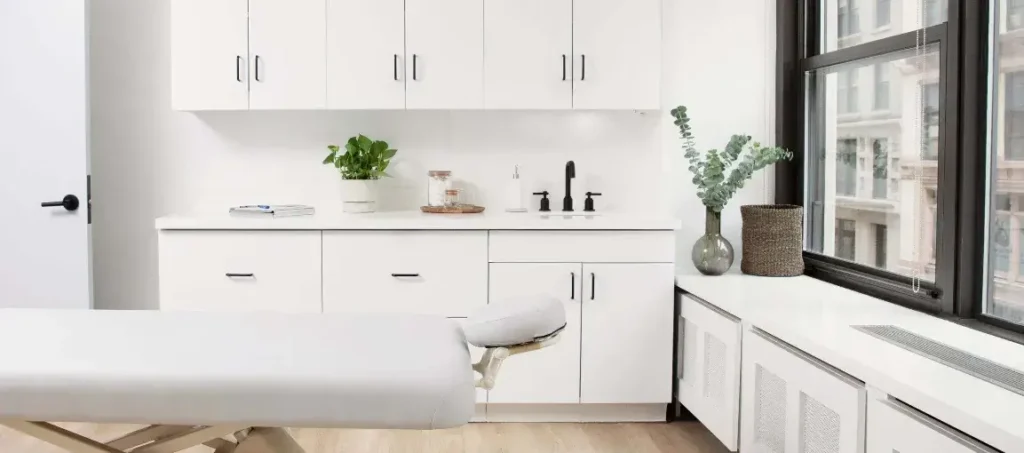In the bustling landscape of New York City’s healthcare sector, Suites by NYLO offers an innovative solution to the ever-present challenge of finding flexible and cost-effective office spaces. By providing short-term and month-to-month lease options, these coworking spaces cater specifically to the fluctuating demands faced by medical professionals. Such leasing flexibility is not merely a convenience but a strategic asset that can significantly influence practice scalability and operational efficiency. The implications of this adaptability extend beyond mere logistics; they potentially reshape how healthcare providers manage growth and patient care continuity. One might wonder, then, how such lease structures impact the broader healthcare delivery model in urban settings.
Exploring Flexible Lease Structures
In New York City’s burgeoning market for medical coworking spaces, flexible lease structures are not just beneficial; they are imperative for accommodating the dynamic needs of healthcare professionals.
Such leases, including short-term and month-to-month options, align with the varied and unpredictable schedules that characterize the medical field. This flexibility supports professionals who require temporary spaces due to renovating their permanent offices, or who are in transitional phases of their careers.
Additionally, these structures facilitate the entry of new practitioners into the market, reducing initial overheads by eliminating long-term financial commitments. The ability to scale up or down as needed without the burden of a fixed lease is crucial in a profession where patient volumes can fluctuate unpredictably.
Benefits of Coworking for Medical Professionals
While coworking spaces offer numerous advantages for various professionals, their impact on medical practitioners is particularly profound. These environments foster a sense of community and collaboration rare in traditional medical offices. By sharing a workspace, medical professionals can easily consult with peers, leading to enhanced decision-making and patient care.
Moreover, these setups often come with flexible lease terms that reduce overhead costs significantly. This is crucial in a field where budget constraints can affect service quality. Additionally, coworking spaces are typically equipped with state-of-the-art medical technology, which might otherwise be cost-prohibitive. This access not only allows for high-quality patient care but also aids in continuous professional development through hands-on experience with advanced tools and methodologies.

